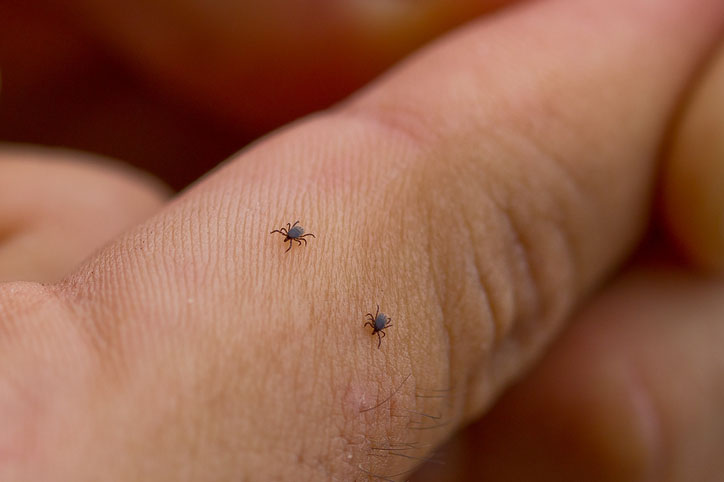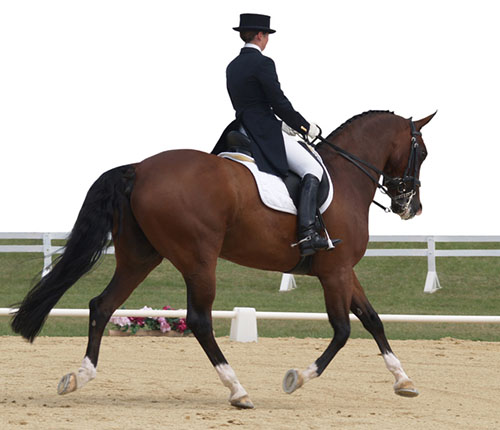Routine Health Care of Mice
Mice are resilient animals and rarely get sick. Furnishing appropriate housing, a nutritious diet, good hygiene, and considerate care will minimize disease. Signs of illness in mice include a ruffled coat, depressed attitude, lethargy, closed or squinted eyes, reluctance to move even when handled, and a loss of appetite. Changes in the color, consistency, smell, or amount of urine or feces may also indicate that your mouse is sick. Any of these signs are a good indication that your mouse needs to see a veterinarian immediately.
Respiratory infections are common in mice, so they should be kept away from damp and drafts. Reducing dust from shavings and keeping the cage environment clean may help minimize the frequency of these infections.
Dental Care
The incisor teeth of mice grow constantly and must be worn down by gnawing. Mice should be provided with appropriate materials, such as wooden gnawing blocks, to satisfy their need to gnaw. In addition, periodic trimming with nail clippers or a dental bur will prevent the teeth from growing too long. Overgrown incisors can lead to difficulty with eating, weight loss, dehydration, and oral trauma.





